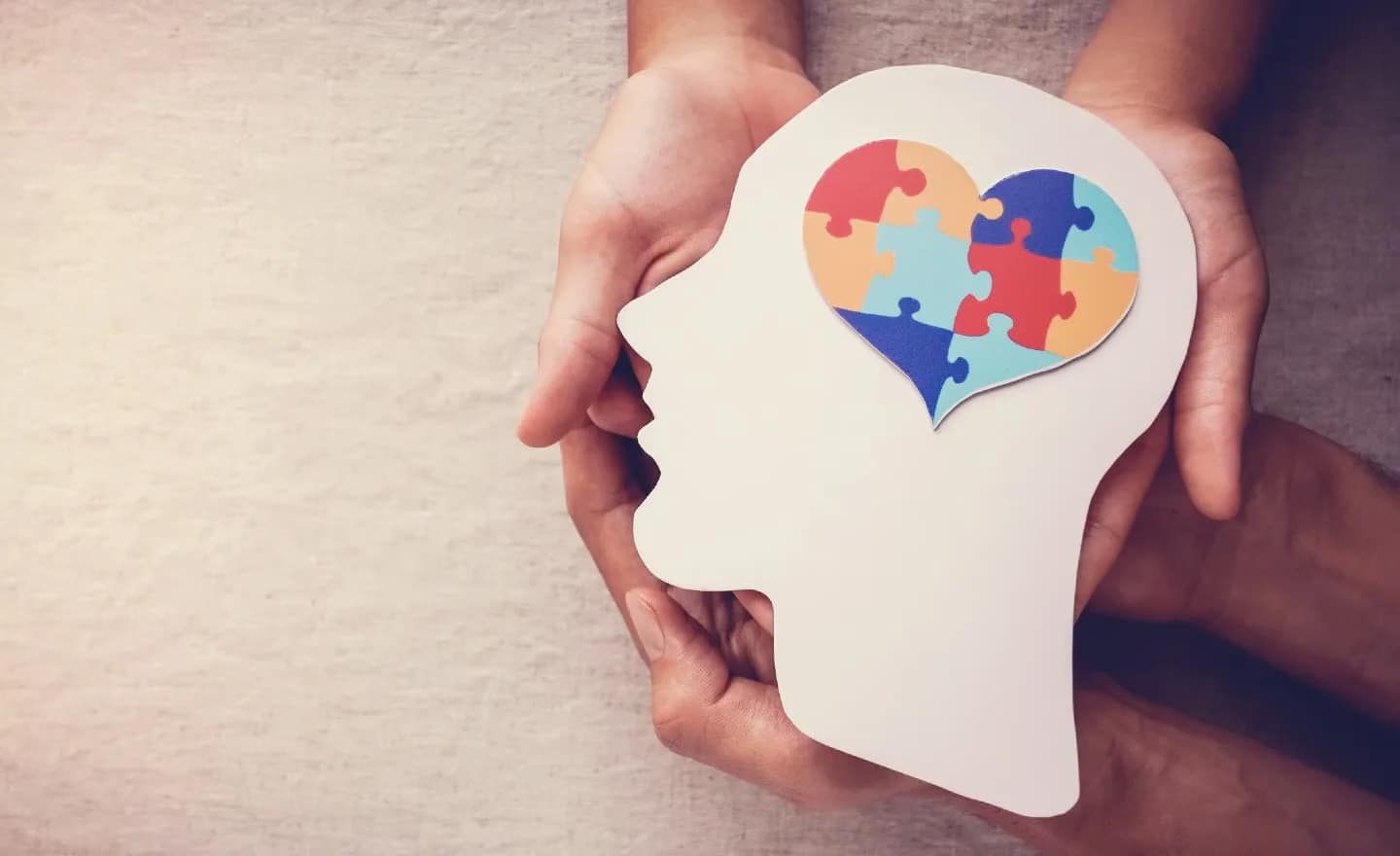In a world increasingly focused on medications, therapies, and clinical interventions, one profound yet often overlooked factor in mental health recovery is love. While it may sound idealistic, research suggests that love—whether romantic, familial, platonic, or self-directed—can play a significant role in addressing mental illnesses such as depression, anxiety, trauma, and loneliness.
Let’s delve into the scientific evidence behind how love impacts mental health and explore its potential as both a preventive measure and a healing force.
The Neuroscience of Love and Mental Health
Love isn’t just an abstract emotion; it has measurable effects on our brain chemistry. Studies have shown that feelings of love trigger the release of key neurotransmitters and hormones associated with emotional well-being:
-
Oxytocin (the “Love Hormone”):
Oxytocin is released during moments of connection, such as hugging, holding hands, or even engaging in meaningful conversations. According to a 2013 study published in Psychological Science, oxytocin reduces cortisol levels (the stress hormone) and promotes feelings of trust and attachment. Lower cortisol levels are linked to reduced symptoms of anxiety and depression. -
Serotonin:
Serotonin, a neurotransmitter often deficient in individuals with depression, increases during positive social interactions. A 2015 study in Nature Neuroscience found that social bonding activates serotonin pathways, which help regulate mood and reduce depressive symptoms. -
Dopamine:
Dopamine, the “reward” neurotransmitter, surges during moments of connection and affection. Research from Frontiers in Psychology (2018) highlights that dopamine release during loving interactions enhances motivation, pleasure, and emotional resilience, counteracting feelings of hopelessness or apathy.
These neurochemical changes not only make us feel good but also create a biological foundation for improved mental health.
How Love Helps Combat Mental Illness: Evidence-Based Insights
1. Reducing Loneliness
Loneliness is a growing public health concern, with studies showing it increases the risk of developing mental health disorders. A 2020 meta-analysis published in The Lancet revealed that chronic loneliness significantly raises the likelihood of depression, anxiety, and cognitive decline. Love, in its many forms, combats this by fostering deep connections. For example:
- A 2019 study in Journal of Social and Personal Relationships found that individuals who reported strong social support networks were 50% less likely to experience severe depressive symptoms.
- Romantic relationships, close friendships, and family ties provide emotional safety nets that alleviate isolation.
2. Providing Emotional Support
Emotional support from loved ones can buffer against the negative effects of stress and trauma. A 2017 study in Clinical Psychological Science demonstrated that participants who received consistent emotional support from partners or friends showed faster recovery from PTSD compared to those without such support. Feeling understood and validated reduces the burden of carrying emotional pain alone.
3. Encouraging Healthy Habits
Loved ones often inspire healthier lifestyles, which are critical for mental health management. For instance:
- A 2016 study in Health Psychology found that married individuals were more likely to adhere to treatment plans and engage in regular exercise than single individuals, largely due to spousal encouragement.
- Friends and family members can also motivate each other to seek professional help when needed, acting as advocates for mental health care.
4. Building Resilience
Love strengthens our ability to cope with adversity. A longitudinal study published in Developmental Psychology (2021) followed over 1,000 adults over two decades and found that those with strong social connections exhibited greater psychological resilience during life crises. Knowing someone cares about you fosters hope and determination, empowering individuals to persevere through challenges.
5. Promoting Self-Love
Self-love, or self-compassion, is another crucial aspect of mental wellness. Research from Kristin Neff, a leading expert on self-compassion, shows that practicing self-kindness reduces symptoms of anxiety and depression. A 2014 study in Mindfulness found that self-compassionate individuals experienced lower levels of rumination and self-criticism, common precursors to mental illness.
Real-Life Examples: Love as Medicine
Scientific findings align with real-world anecdotes where love has played a pivotal role in recovery:
- A 2018 case study in Journal of Affective Disorders highlighted how a patient with severe depression improved significantly after reconnecting with supportive family members who reminded them of their value.
- Another study in Trauma, Violence, & Abuse (2020) documented how survivors of childhood trauma healed through therapy guided by compassionate counselors who offered unconditional support.
- In a survey conducted by the American Psychological Association (APA), 78% of respondents reported that having a supportive partner helped them manage symptoms of anxiety more effectively.
These examples underscore how love—whether expressed through words, actions, or presence—can ignite hope and facilitate healing.
Limitations of Love Alone
While love is undeniably powerful, it’s essential to acknowledge its limitations. Mental illnesses are complex and multifaceted, often requiring professional treatment such as therapy, medication, or lifestyle changes. Love should complement—not replace—evidence-based interventions. Additionally, toxic or conditional love can worsen mental health, highlighting the importance of healthy, supportive relationships.
A 2019 review in World Psychiatry emphasized that while social support is beneficial, it must be paired with appropriate medical care for optimal outcomes. For example, individuals with severe bipolar disorder or schizophrenia may need pharmacological treatments alongside emotional support.
Cultivating Love for Better Mental Health
If you want to harness the healing power of love, here are a few actionable steps supported by research:
-
Nurture Existing Relationships:
Regularly reach out to loved ones. A 2020 study in Social Science & Medicine found that frequent communication with close friends or family members correlates with lower rates of depression. -
Practice Active Listening:
Show empathy and understanding when others share their struggles. According to a 2017 study in Journal of Counseling Psychology, active listening improves relationship satisfaction and reduces feelings of loneliness. -
Join Communities:
Find groups or organizations aligned with your interests to build new connections. A 2018 study in American Journal of Public Health showed that community involvement decreases the risk of developing mental health disorders. -
Prioritize Self-Care:
Treat yourself with compassion. Research from Harvard Medical School (2021) highlights that self-care practices like mindfulness meditation and journaling boost mental well-being. -
Seek Professional Help if Needed:
Recognize when additional support is necessary. The APA recommends combining social support with therapy or medication for comprehensive care.
Conclusion: Love as a Catalyst for Change
Love won’t magically cure every mental illness overnight, but scientific evidence demonstrates its potential to foster healing and resilience. By fostering genuine connections—with others and ourselves—we create environments where recovery becomes possible. Love reminds us that we’re never truly alone, no matter how dark things seem.
So, let’s embrace love—not just as a romantic ideal but as a vital tool for mental wellness. After all, in a world full of uncertainties, love remains one of the most reliable sources of strength, comfort, and hope.
What do you think? How has love impacted your own journey toward mental well-being? Share your thoughts in the comments below!
Discover more from Pasindu Lakshan Perera
Subscribe to get the latest posts sent to your email.




